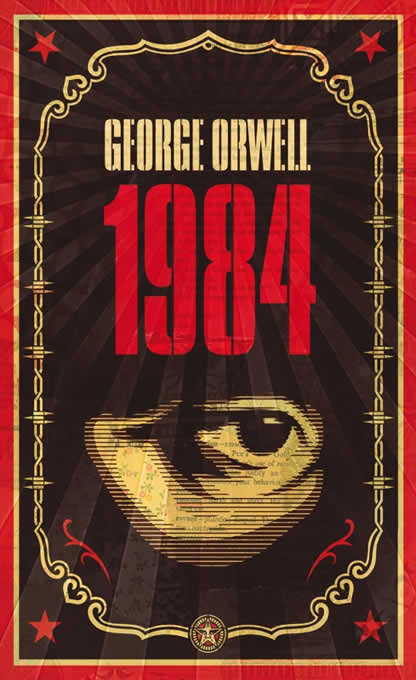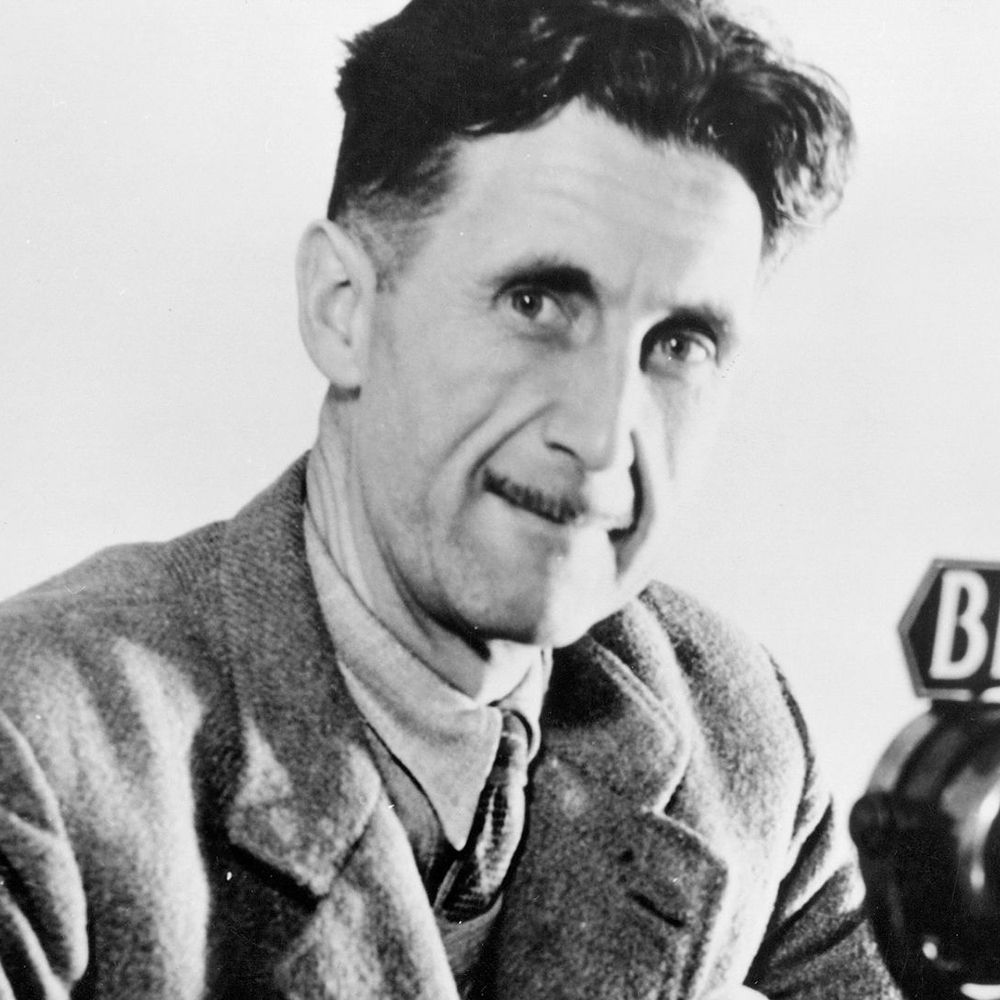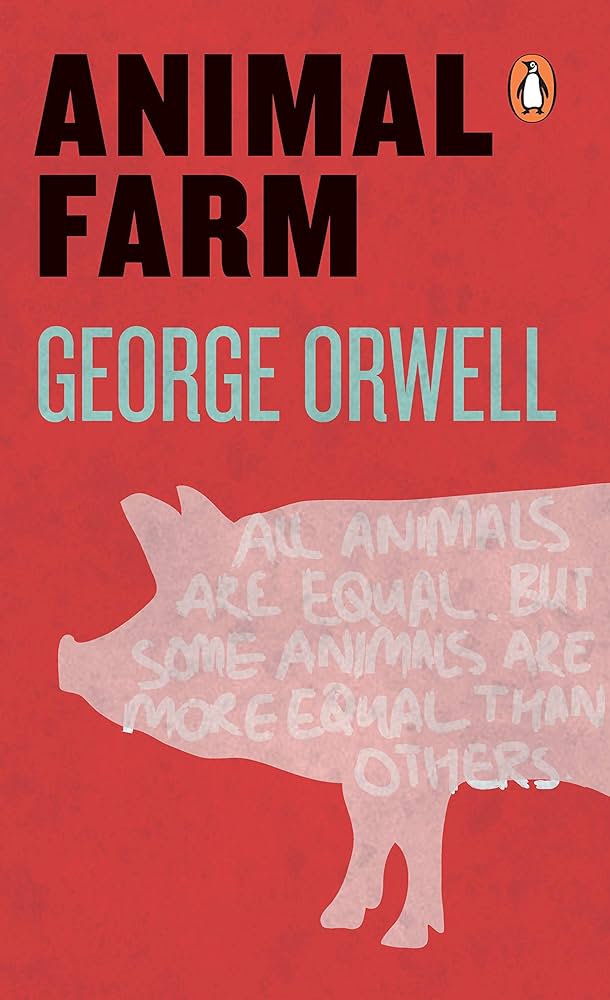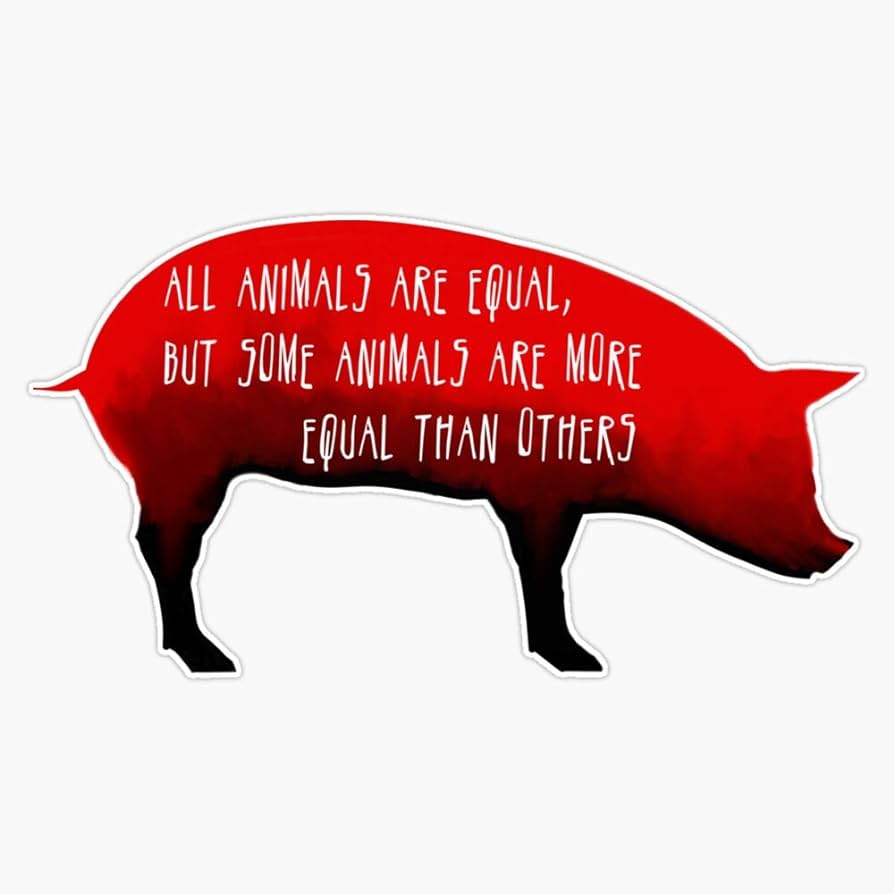“In a time of deceit telling the truth is a revolutionary act.”
George Orwell, the man behind Animal Farm and 1984, fascinates me. He was a man of incredibly strong opinions and decisiveness. A practical genius, he seemed to have the ability to see through any political party. He was incredibly influential to Western culture and lived an incredibly unusual life. Living through some of the most tumultuous times in history, this was the perfect recipe for someone to completely turn the world as we know it on its head.
Personal Life
Eric Arthur Blair (Orwell’s birth name) was born in Bengal, India on June 25, 1903. His father served in the Indian civil service as a minor British officer. This position put his family in a class that prioritized their social status but lacked substantial wealth. He was surrounded by people who were poor but proud. He returned to England at a young age and spent many crucial years without his father, preventing him from forming a strong bond with him. At age eight, he was sent to boarding school, where he was looked down upon for his poverty but proved to be incredibly intelligent. He won two scholarships to two colleges and attended one from the ages of fourteen to eighteen.

After college, he found that he had no choice but to join the Indian Imperial Police, following in his father’s footsteps. There, he soon found a great discontent for the caste system he was expected to maintain and the excessive cruelty the British’s forced rule released on the people. This eventually led him to resign and inspired him to spend several years living among incredibly impoverished and “lowly” people groups in Europe. After this period, he started building a career in writing, eventually even becoming a producer for BBC. Around this time, he also married his first wife, Eileen. They adopted one son, named Richard Horatio Blair, a year before her death in 1945.
Orwell also served in the Civil War in Spain. He was heavily involved and received bullets in the throat and arm, leaving him permanently changed. This, along with a diagnosis of tuberculosis that would haunt him for the rest of his life, caused him to be rejected for service in World War II. The last few years of his life were spent reaping the first profit of his books and furthering his writing. He married Sonia Brownell in late 1949, just a little while before his death from tuberculosis on January 21, 1950.
Politics Again
George Orwell’s political views were one of the primary influences for his writing. They rapidly changed throughout his life for many reasons. Orwell’s extreme dissatisfaction with imperialism led him to leave the Indian Imperial Guard. After this he lived in several classes considered distasteful to the general population. He dressed in rags and wandered among vagrants, lived with beggars and peasants, working as a dishwasher or other lowly occupations for the experience in an effort to understand them.

What is truly fascinating about him is his choice of reorientation towards politics. He was upset by the way that the poor were mistreated and looked down upon by the higher classes in England. He found his fellow British men snobbish and stuck-up. This led him to slowly transform into an anarchist and eventually a full-fledged socialist. I find this especially interesting because his books seem to support a lot of the freedoms and individualism that typically is lost in socialism. Whatever the case may be, his great variety of experiences led him to constantly shift as he searched for the right party that expressed his opinions.
Popular Works
Orwell wrote many papers, articles, and books but he is most well-known for two fictional political novels. The first one, published in 1945, went by the name of Animal Farm. It was a satire in which the two main characters were pigs on a farm, believed to represent Joseph Stalin and Leon Trotsky. They lead the farm animals to stage a rebellion against the farm that they live on. However, the new government they create for the farm is far more oppressive than the old and leads them to struggle to survive. The poor, manipulated farm animals are powerless because of their own ignorance. This is where the famous words, “All animals are equal, but some animals are more equal than others,” is impressed on the animals.

The second novel is the infamous 1984. It was published during the year before his death. Previewing the hypothetical year of 1984, it suggests a world in which a police government perfectly controls their people. They are constantly watched by televisions everywhere and any sign of treason leads to torture, brainwashing, and death behind quiet, closed doors. The government literally rewrites history constantly, changing it before their people’s eyes and creating their own truths. Loyalty to government is truly the only virtue. They train people to have no independence and only accept what they are told, until it is first nature. “Until they become conscious they will never rebel, and until after they have rebelled they cannot become conscious.”
George Orwell was a man obsessed with the truth. He believed that obstruction of it was one of the greatest evils. He was constantly forming intelligent opinions from his experiences, both good and bad. I appreciate his strong mind. 1984 was one of the most thought-provoking and revealing books I have ever read. I may not agree with all of his opinions, but I agree with one thing for certain. “Political language is designed to make lies sound truthful and murder respectable, and to give an appearance of solidity to pure wind. ” It is only the truth that can set us free.
References
Biography.com Editors. “George Orwell – 1984, Books & Quotes.” The Biography.Com, 2 Apr. 2014, www.biography.com/authors-writers/george-orwell.
Woodcock, George. “George Orwell”. Encyclopedia Britannica, 27 Jun. 2024, https://www.britannica.com/biography/George-Orwell. Accessed 3 August 2024.
